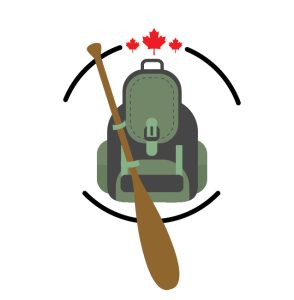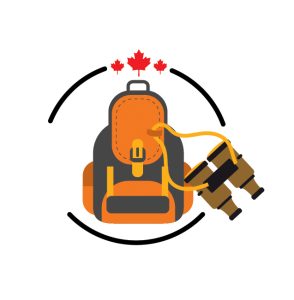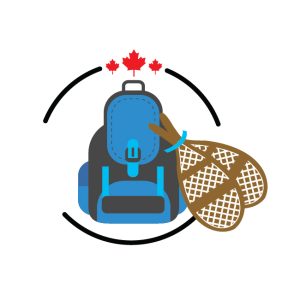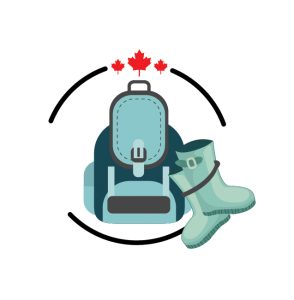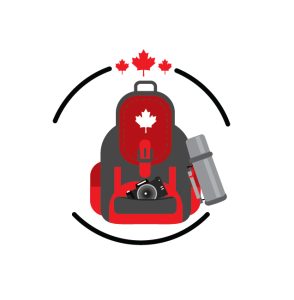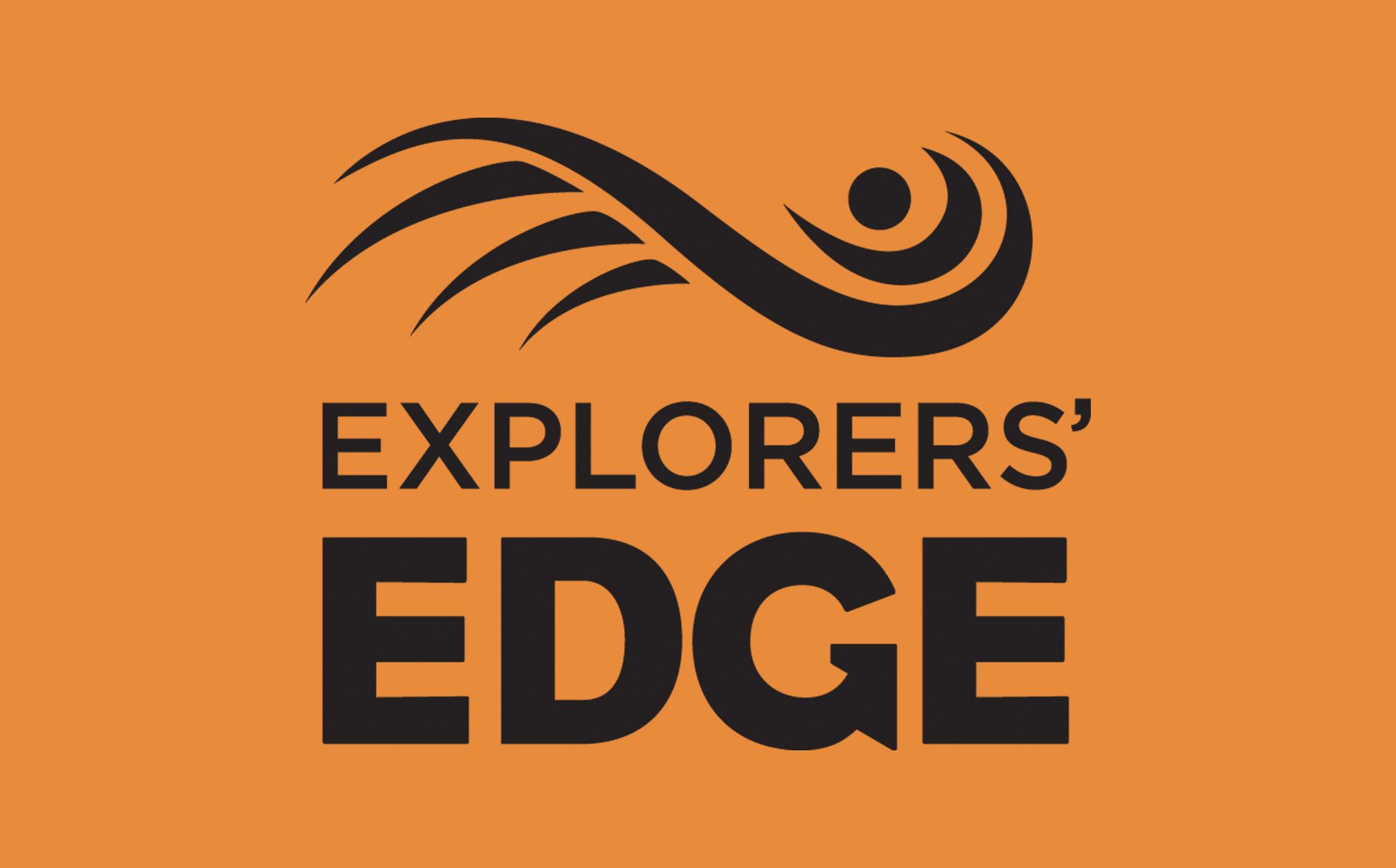
Indigenous Tourism and Reconciliation
Explorers’ Edge is committed to advancing reconciliation with Indigenous peoples through respectful and inclusive tourism development. We acknowledge that our region – “the great Canadian wilderness just north of Toronto” – encompasses the traditional lands and waterways of the Anishinabek, Algonquin, Mohawk, and Métis peoples. As Canadians, we recognize that we are all treaty people, and with that comes a responsibility to honour the history and rights of Indigenous communities. In our tourism work, this means listening to Indigenous voices, celebrating Indigenous cultures, and ensuring that Indigenous communities directly benefit from tourism opportunities. True reconciliation in tourism includes economic empowerment: we aim to support Indigenous entrepreneurs and community-led tourism initiatives as part of a broader commitment to truth and reconciliation. Simply put, our goal is to build tourism partnerships that leave Indigenous communities better off – culturally and economically – than they were before.
Our approach begins with building relationships and understanding community needs. In 2024, we undertook a Desktop Assessment of the Region’s Indigenous Communities – a preliminary research project to map out the First Nations in our catchment area and identify how we can collaborate on community-driven tourism initiatives. This assessment underscored that regenerative tourism must start by “listening, learning, and aligning with each community’s unique goals,” emphasizing trust, transparency, and patience as the foundation for partnership. It also recommended concrete actions for Explorers’ Edge, such as providing Indigenous cultural competency training for our staff, doing formal outreach to Indigenous leadership, participating in community events, and allocating a portion of our expenditures to Indigenous-owned businesses and initiatives. We have begun to act on these insights. Even before the report, in 2019, Explorers’ Edge hosted initial outreach sessions with several First Nations at a gathering in Parry Sound to start dialogues about tourism opportunities. That meeting helped establish new connections, and we have since continued to conduct relationship-building and outreach with Indigenous communities in the region. One outcome of these conversations is the recognition that our organization must include Indigenous perspectives at the decision-making level. We are exploring avenues to bring Indigenous representation into our governance (for example, adding an Indigenous member to our Board of Directors) to help guide authentic Indigenous tourism development and ensure ongoing, meaningful collaboration.
Key Initiatives:
- Land Acknowledgement & Education: We begin public meetings and documents with an acknowledgment of the Indigenous territories on which we live and work. But we treat this not as a checkbox, rather as a call to action. We educate our partners and stakeholders about the treaties and the Indigenous heritage of our region, reinforcing that acknowledging the land is tied to respecting its original stewards. Internally, our team remains committed to learning about Indigenous histories and cultures – an ongoing process vital to working together in a good way.
- Relationship-Building: Explorers’ Edge prioritizes listening to Indigenous community leaders and tourism operators about their aspirations. We engage directly through meetings, community events, and one-on-one outreach. Our 2019 gathering with First Nation representatives was an early step to say, “We’re here to listen and support”. Since then, we’ve maintained dialogue with those and other communities, understanding that trust is built over time. Whether it’s supporting an Indigenous cultural festival or simply showing up to hear concerns, these relationship-building efforts are the cornerstone of any future tourism projects.
- Co-development & Investment: We are moving toward co-developing tourism initiatives hand in hand with Indigenous partners, rather than for them. This includes seeking guidance from Indigenous experts, as well as inviting Indigenous partners to help shape our regional tourism strategy. As recommended, we plan to formalize Indigenous input in our decision-making structure, ensuring Indigenous communities have a voice in how tourism unfolds on their lands. Furthermore, we’re committed to dedicating resources to Indigenous-led tourism. This could mean offering funding or mentorship to Indigenous startups, including Indigenous experiences in our travel packages (with revenue sharing), or marketing Indigenous tourism products to visitors. Our economic reconciliation efforts will focus on creating equitable opportunities – so that Indigenous people share in the prosperity generated by tourism, and their cultural heritage is appropriately respected and valued.
By investing in Indigenous tourism, Explorers’ Edge strives to help revitalize Indigenous heritage and economies in our region. We believe that when Indigenous communities are partners and leaders in shaping tourism, it not only enriches the visitor experience with authentic stories and perspectives, but also brings lasting prosperity to those communities. Our mandate is to walk together with First Nations, Métis, and Inuit partners “hand in hand” toward a future where tourism supports healing, understanding, and shared success. In doing so, we hope to leave a legacy of stronger relationships and a tourism landscape that honours the First Peoples of this land.

